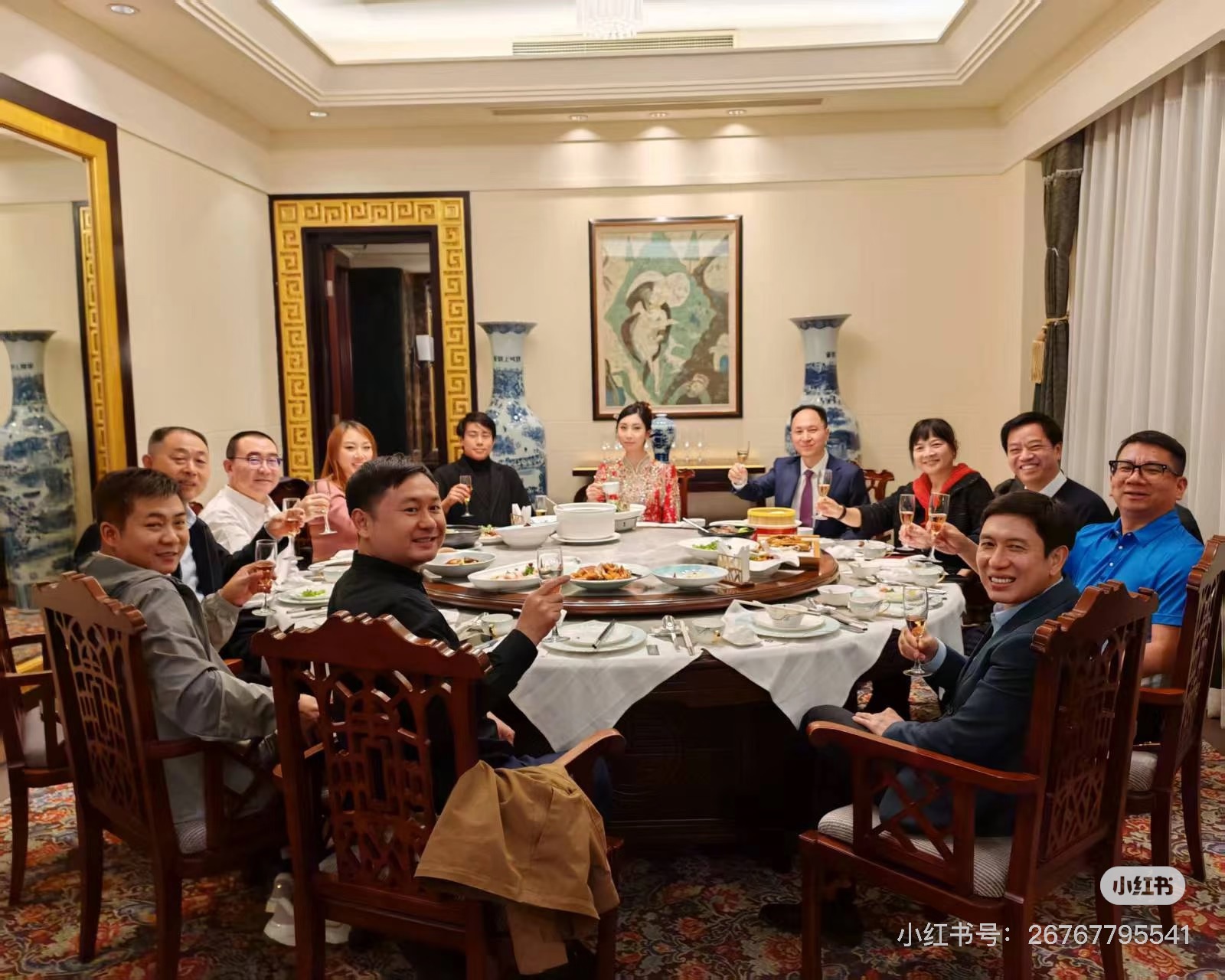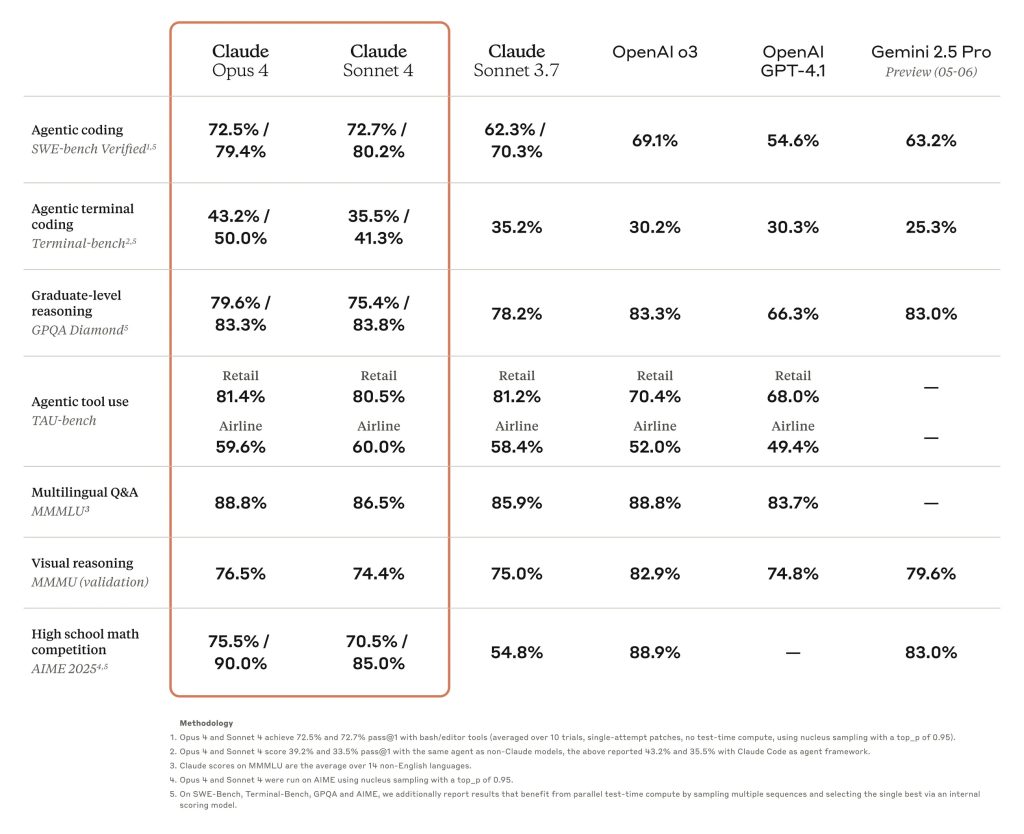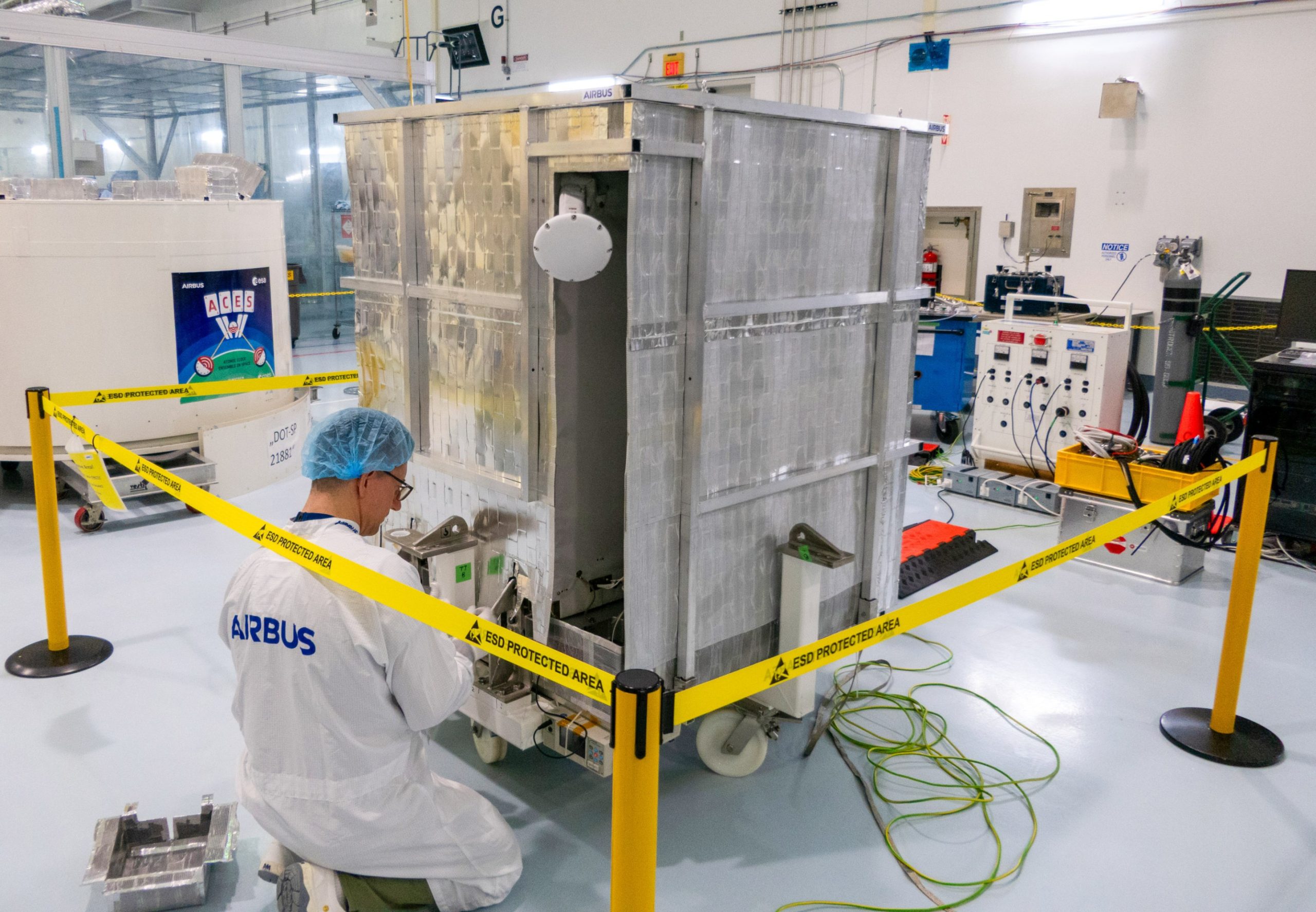Category: AI News
-
[ad_1] Synthetic intelligence is a deep and convoluted world. The scientists who work on this discipline typically depend on jargon and lingo to clarify what they’re engaged on. In consequence, we steadily have to make use of these technical phrases in our protection of the bogus intelligence business. That’s why we thought it might be…
-

[ad_1] In April, the feed began to vary much more drastically. He’s posts grew to become more and more provocative, with higher English and a novel sensibility of on-line tradition. “Stop asking for cat girls. I’m trying to cure disease,” the account posted on April 15. Two days later, the account followed-up: “I literally went…
-

[ad_1] Anthropic has unveiled its newest Claude 4 mannequin household, and it’s trying like a leap for anybody constructing next-gen AI assistants or coding. The celebs of the present are Claude Opus 4, the brand new powerhouse, and Claude Sonnet 4, designed to be a sensible all-rounder. Anthropic isn’t shy about its ambitions, stating these…
-

[ad_1] After what felt like an age of tech business tea-leaf studying, OpenAI has formally snapped up “io,” the much-buzzed-about startup constructing an AI machine from former Apple design guru Jony Ive and OpenAI’s chief, Sam Altman. The value tag? $6.5 billion. OpenAI put out a video this week speaking concerning the Ive and Altman…
-

[ad_1] To stop such pricey development errors, in 2015 scientists within the Worldwide Affiliation of Geodesy voted to undertake the Worldwide Top Reference Body, or IHRF, a worldwide commonplace for elevation. It’s the third-dimensional counterpart to latitude and longitude, says Sanchez, who helps coordinate the standardization effort. Now, a decade after its adoption, geodesists wish…
-

[ad_1] Het Midden -Oosten trekt meer aandacht van wereldwijde technologie -investeerders dan ooit. Saoedi-Arabië, de VAE en Qatar exporteren miljarden dollars naar transacties, werken met top-Amerikaanse bedrijven en bouwen het soort infrastructuur dat nodig is om grootschalige AI-systemen te exploiteren. Het gaat niet alleen om het geld. Er zijn nieuwe wetten, startup -activiteiten en groeiplannen…
-

[ad_1] Dell Technologies gebruikte de Dell Technologies World in Las Vegas om de nieuwste generatie AI Stamal -servers aan te kondigen die zijn uitgerust met Nvidia's Blackwell Ultra GPU's. De systemen beweren tot vier keer snellere AI -trainingsmogelijkheden te produceren in vergelijking met vorige generaties, omdat Dell zijn AI Factory -partnerschap met NVIDIA heeft uitgebreid…
-

[ad_1] Volgens ThalesAI en kwantumbedreigingen hebben geworsteld bovenaan de organisaties met gegevensbeveiliging. Het is de belangrijkste afhaalmaaltijden van het 2025 Data Threat Report van de Cybersecurity Giant, een jaarlijkse diepe duik in de laatste bedreigingen voor gegevensbeveiliging, opkomende trends en hot topics. De bevindingen van dit jaar zijn scherp: bijna zeven van de tien organisaties…
-

[ad_1] De Linux Foundation en Meta plaatsen enkele cijfers achter hoe open source AI (OSAI) innovatie en acceptatie stimuleert. De acceptatie van AI -instrumenten is nu bijna overal, met 94% van de organisaties die ze al hebben ondervraagd. En snap het: binnen die menigte gebruik 89% op open source AI voor een deel van hun…
-

[ad_1] Deel drie: brandstof en emissies Nu we een schatting hebben van de totale energie die nodig is om een AI -model te gebruiken om tekst, afbeeldingen en video's te produceren, kunnen we uitzoeken wat het betekent over emissies die klimaatverandering veroorzaken. Ten eerste is een verdwenen datacenter niet noodzakelijk een slechte zaak. Als alle…
